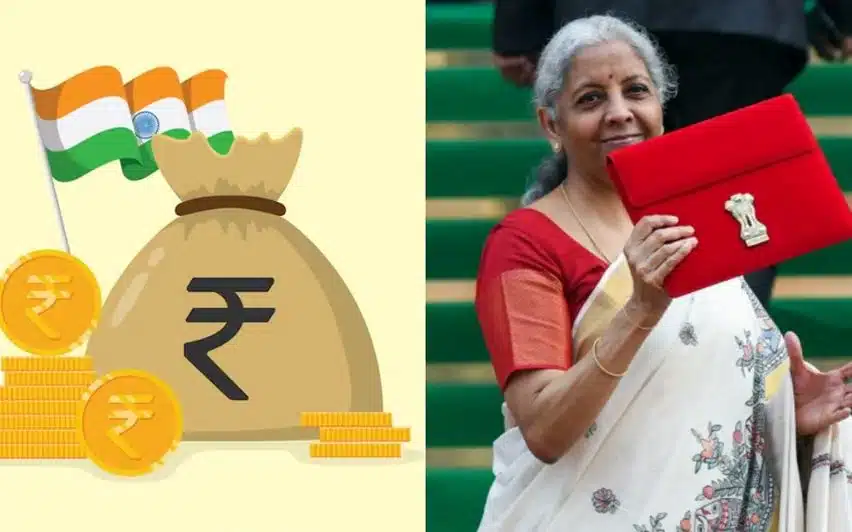Simplifying Income Tax: Key Changes in 2025 Budget

The 2025 budget presented by India’s Finance Minister has sparked significant interest among taxpayers, particularly the middle class. This budget aims to simplify the tax system while providing relief to salaried individuals. It reflects a thoughtful approach to fiscal responsibility and taxpayer expectations. With a projected fiscal deficit of 4.4% for the upcoming year, the government is taking steps to ensure that the tax regime is both manageable and beneficial for its citizens.
Transitioning to the New Personal Tax Regime
One of the most notable changes in the 2025 budget is the proposed sunset of the Old Personal Tax Regime (OPTR). The Finance Minister has emphasized that all tax benefits will now be available under the New Personal Tax Regime (NPTR). This shift is expected to make the NPTR more attractive for taxpayers. Under the new regime, individuals will enjoy lower tax rates without the need for extensive documentation or proof of deductions and exemptions.
Currently, only 28% of taxpayers opt for the OPTR, and this number is likely to decrease as the NPTR becomes more appealing. The new tax slabs are structured to change every INR 4 lakh, with corresponding tax rates increasing by 5% up to six blocks. For instance, salaried individuals earning up to INR 12.75 lakh will pay no tax under the NPTR. This change means that someone earning INR 24 lakh annually could save INR 114,400 in taxes compared to the OPTR. This simplification is a welcome relief for many, allowing them to focus on their financial goals rather than navigating complex tax regulations.
Reducing Administrative Burdens for Taxpayers
The Finance Minister has also made strides in reducing the administrative burden on taxpayers. One significant change is the introduction of the Updated Income Tax Return (UITR). Taxpayers who miss reporting any income can now file an UITR within four years, with penalties based on the delay period. This move encourages compliance and provides taxpayers with an opportunity to rectify their mistakes without facing severe penalties.
Additionally, the budget proposes to increase the Tax Deducted at Source (TDS) threshold on interest paid to senior citizens from INR 50,000 to INR 100,000. This change will benefit seniors who rely on traditional savings methods, allowing them to retain more of their interest income. Furthermore, TDS on dividends will now apply only if the amount exceeds INR 10,000, resulting in higher disposable income for investors. These measures aim to simplify the tax process and make it more user-friendly for all taxpayers.
Supporting Families and Education
The budget also addresses the financial strain on families supporting their children’s education abroad. The current TCS requirement of 0.5% on remittances exceeding INR 7 lakh adds to their financial burden. The proposed budget aims to eliminate TCS on education-related remittances funded through financial institutions. This change will ease the financial pressure on families, making it easier for students to access global educational opportunities.
Moreover, the government has introduced the National Pension Scheme (NPS) Vatsalya, allowing parents to open NPS accounts for their minor children. This initiative expands tax benefits for NPS contributions, further supporting families in planning for their children’s future. The budget also allows taxpayers to claim up to two properties as self-occupied without conditions, providing relief to those with additional properties that may remain vacant.
Observer Voice is the one stop site for National, International news, Sports, Editor’s Choice, Art/culture contents, Quotes and much more. We also cover historical contents. Historical contents includes World History, Indian History, and what happened today. The website also covers Entertainment across the India and World.

